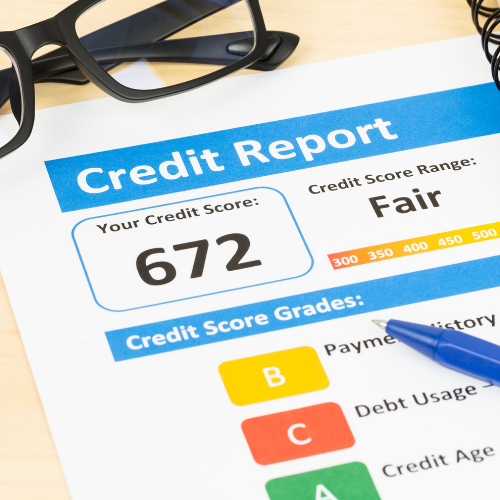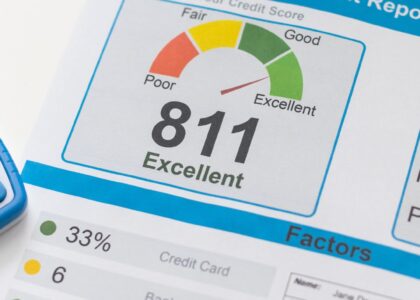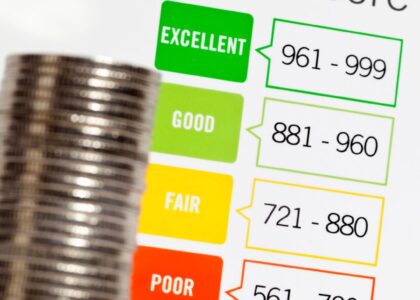How to Keep a Good Credit Score
A good credit score has many advantages, including lower interest rates on credit cards and loans. A good credit score also lets you save money on insurance and security deposits for new utilities and phone service. Learning how the credit scoring system works and following the guidelines as much as possible will help you retain a good score.
Know What Factors Influence a Good Credit Score
Your credit score is calculated using five fundamental pieces of information: your payment history, credit utilization ratio, credit age, credit mix, and new credit.
However, the credit score system does not always adequately depict a person’s lending risk, particularly for lower-income people of color. Current scoring methods have been criticized for maintaining inherent prejudice in the financial system, such as considering mortgage payments but not rent, which works against racial minorities who have not been able to enjoy homeownership at the same rate as White people due to redlining.
On the positive note, services such as Experian Boost now allow users to have utility payments reflected on their credit reports. Other services can record your rent payments to credit bureaus. However, lenders may use a credit score that is incompatible with these services, so you must continue to pay attention to how traditional scoring methods work in order to keep your good credit score.
MAKE ON-TIME PAYMENTS ON YOUR BILLS
Payments must be made on time for all bills, not just credit cards and loans. Even if you aren’t using a third-party service to have your timely rent and utility bill payments reported to the credit agencies, payment activity on those accounts may land up on your credit report if you fall behind. Continue to pay all of your payments on time to keep your credit score good.
MAINTAIN A LOW CREDIT CARD BALANCE
Your credit score will suffer if your credit card balance exceeds your credit limit. To keep a healthy credit score, keep your overall credit card balances under 30% of your combined credit limits—the lower, the better.
Even if you intend to pay off the sum when your payment is due, charging more than 30% of your credit limit is dangerous. Card companies normally report the balance when your statement closes, so that’s the figure you’ll see on your credit report. It’s a good idea to maintain track of your accounts online and pay enough to get your balances as close to zero as feasible just before the end of the billing month.
DON’T GET RID OF OLD CREDIT CARDS
When you close a credit card, the issuer no longer provides updates to the three major credit bureaus—Experian, Equifax, and TransUnion—which lowers your credit score because the credit scoring system gives less weight to inactive accounts. After about ten years, the credit bureau will remove the history of that canceled account from your credit report entirely, and losing that credit history will reduce your average credit age and lower your credit score.
LIMIT YOUR APPLICATIONS FOR NEW CREDIT
Excessive credit inquiries, particularly from credit card companies, can potentially damage your credit score. Applying for multiple credit cards in a short span of time can make you appear risky to lenders, whereas multiple inquiries for a car loan or personal loan in a short period of time are treated as a single inquiry because they often simply mean that the consumer is shopping around for the best loan. Make sure that you only apply for credit when absolutely essential. Getting a new credit card reduces your average credit age.
KEEP AN EYE ON YOUR CREDIT REPORT
Just because you do everything correctly with your credit does not guarantee that everyone else will. Mistakes on your credit record may result in a drop in your credit score.
Identity theft and credit card fraud can also cause inaccurate information to appear on your credit report. Checking your credit report throughout the year allows you to spot errors earlier, allowing you to repair them and maintain a good credit score.





